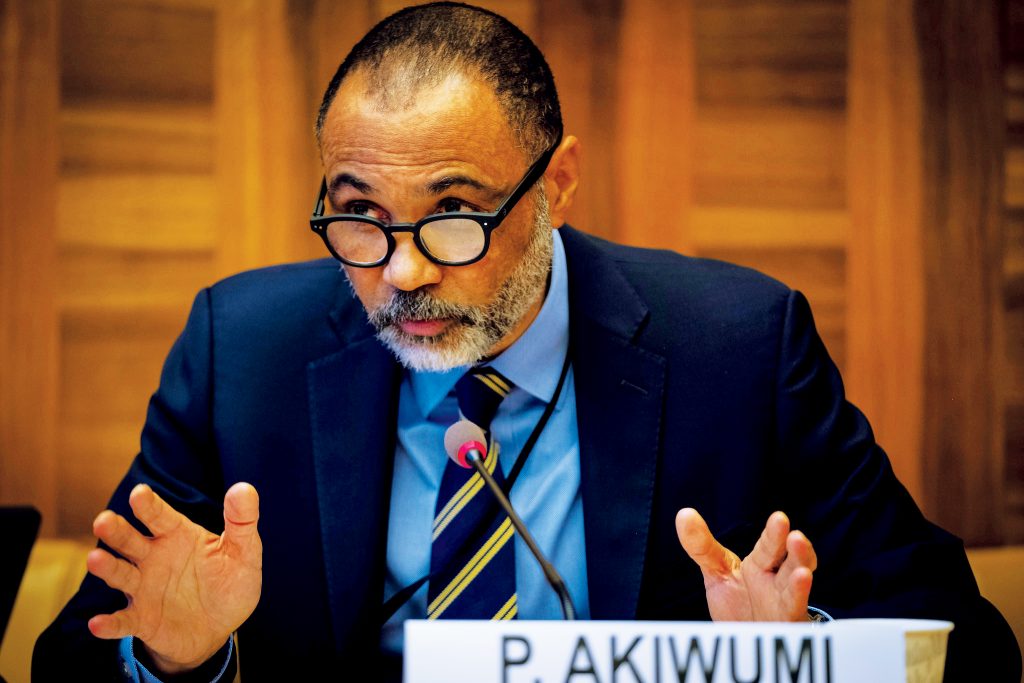Malawi, others tipped on economic transformation
The United Nations Conference on Trade and Development (Unctad) says Malawi and 46 other Least Developed Countries (LDCs) need to invest in productive capacity and generate wealth to transform economically.
Unctad’s 2021 LDCs Report notes that inadequate productive capacity in Malawi is the main factor limiting the country’s economic output and transformation.

According to the report, developing productive capacities can enable Malawi to foster structural economic transformation which can help to reduce poverty and accelerate progress towards the UN Sustainable Development Goals.
In a statement accompanying the report, Unctad director for Africa and LDCs Paul Akiwumi said to transform its economy, Malawi and others need to expand their local enterprise base through investments in productive capacities.
He said: “LDCs’ domestic efforts need to be supported by a new generation of international support measures that are more closely aligned to LDCs’ expressed needs and 21st century realities, especially in terms of technology transfer.
“A purposeful industrial policy should be at the core of LDCs’ pursuit of green growth and structural transformation because these countries need to urgently diversify from their overdependence on primary commodities.”
The report notes that though Malawi has made some strides in some selected development indicators, the country has failed to advance in its structural economic transformation.
This year, Malawi’s growth forecast is 3.8 percent, slightly higher than the projections made by other institutions.
The International Monetary Fund and Economist Intelligence Unit put the country’s growth at 2.2 percent and 2.3 percent, respectively, while the World Bank puts Malawi’s growth at at 2.9 percent.
Meanwhile, Malawi through its flagship development agenda, the Malawi 2063, envisages transforming the country into an inclusively wealthy and self-reliant, industrialised, upper- middle income country by 2063.
In an interview yesterday, National Planning Commission communications specialist Thom Khanje said the country is on track to attain a better status by investing in productive capacities
He said: “You may wish to know that soon, the Malawi 2063 first 10-year implementation plan will be launched to replace Malawi Growth and Development Strategy III as the country’s medium-term development strategy.
“This plan, which has already been approved by Cabinet, has two main objectives, which are to transform Malawi into a middle-income country with a per capita income of above $1000 [about K820 000] by 2030 and to ensure that Malawi achieves the Sustainable Development Goals.” Khanje said the two objectives will be achieved through accelerated investment in the country’s productive capacities under the three pillars of the MW2063 which are agricultural productivity and commercialisation, industrialisation, including mining and urbanisation, including tourism.





